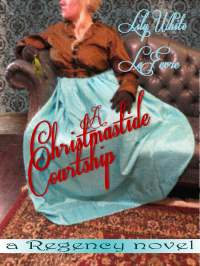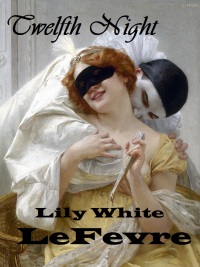Interesting statistic I have noticed about how I write.
Since last weekend, when I read through all of Dean Wesley’s Smiths ghost-novel-in-ten-days posts and comments, I’ve been on a kick to find more time to write in a day. (From the comments, I glean that this is the natural reaction to reading his posts. I disagree with the man on a few things, but he is both right and inspiring when it comes to challenging writers to simply cunt up and write (my phrase, not his).) Waiting for blocks of time is netting me untenable production schedules, and the first takeaway from his posts is that production = time spent writing. Therefore I need to find more time to write if I want to increase my work speed.
The second takeaway is that you can get just as many or more words written in a day in multiple smaller writing sessions as you can in one big one. This is probably the more important point for me.
Regardless of whether the large blocks of time are the best way for me to write, the reality of my life is such that I don’t have blocks of time, or at least not blocks of the “good” time (first thing in the morning, before the surface of my mind is churned up with the day’s sensory input and rendered useless for concentrating). Right now writing happens in the cracks of my life—around work, around the chores I do to maintain our household, around the time I spend with my husband, around the time I spend with my friends…eventually, perhaps, around having a child. The part of me that is dedicated to writing stubbornly keeps at it, even when any “real” writer would probably do a better job at telling their spouse not to distract them at certain times or blowing off their friends. I’m not going to be a hermit, and I’m really terrible at drawing that boundary for myself. So writing often has last priority, becoming this thing that I do when my time is finally my own…and that time comes parsed out in drips and drabs, not in large, unbroken streams.
But the truth is this: I am incredibly wasteful with the time I do have to myself. I have a helluva lot more time to write than I think, if I abandon the notion of only doing it in big chunks.
I have to admit, the idea of trying to write in 5-minute, 15-minute, 30-minute increments causes an instinctive rejection. I tend to have the ADD mentality, that if I don’t have time to hyperfocus on something, I don’t have time to do it. I am really terrible about this with sewing, as well, and I was this way as a teenager with crafting/art stuff, so it’s a lifestyle mentality, not something limited to writing. I also have the ADD reality, that if my head is cluttered up with a bunch of other shit, it’s really hard for me to concentrate. Like I can read words I wrote and not comprehend what they say hard.
But I am determined to figure out a way out of this box. I can’t stand giving 45 of my best hours to someone else anymore. I want to be doing what I love and making enough income at it either to drop to a PT job or stop working for anyone else entirely. I have a very good plan for how to get there, but it involves having 4+ works in my pocket when I implement it, and that means I have to write two more novels or at least novellas before I can even think about reducing my out-of-house work schedule, and that means I have to produce the additional works from within my current schedule, and that means I have to find the time to write.
So I’ve been paying attention to my writing patterns within a single sitting to see if I can find methods or tricks to slip back into a piece and get a few more words squeezed out, even if it’s in 5-minute increments.
Thus far the most interesting observation I’ve found is that I write in approximately 200-word bursts. That seems to be how long it takes for me to express something like a complete thought (paragraph, not sentence). Then I pause, and reach for the next thought. Sometimes something distracts me and I have to take a break from writing. Sometimes I just find the next 200 words of the story.
200 words takes me about 5 minutes to write, once my mind has a direction.
If nothing else, here is where my endless hours of typing on stories that never went anywhere all through my twenties come in handy: my typing speed is approximately 95 words a minute, plenty fast enough to keep up with my thoughts.
Okay, I think to myself—5 minutes and 200 words at a time it is. I only need….290 more sessions to hit 70K on the novel I just resumed. Let’s bump it up to 300 because we all know I will write more than I think, and divide that by 30. That equals 10. So 10 five-minute sessions per day gets me a novel in a month. I…can do that? Surely I can do that?
I’ll never know for sure I can’t (can’t prove a negative!), but I’m sure about to try and prove that I can.




